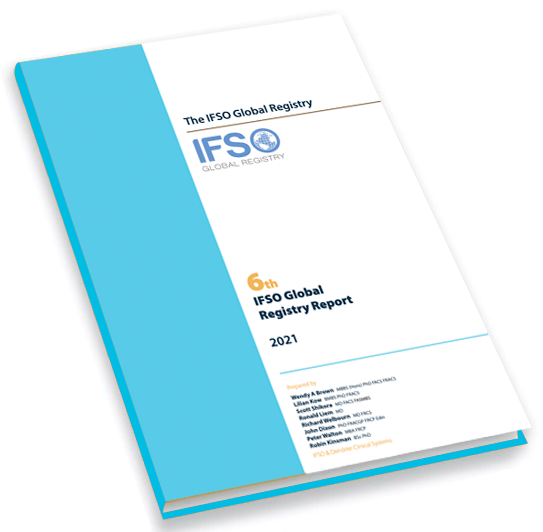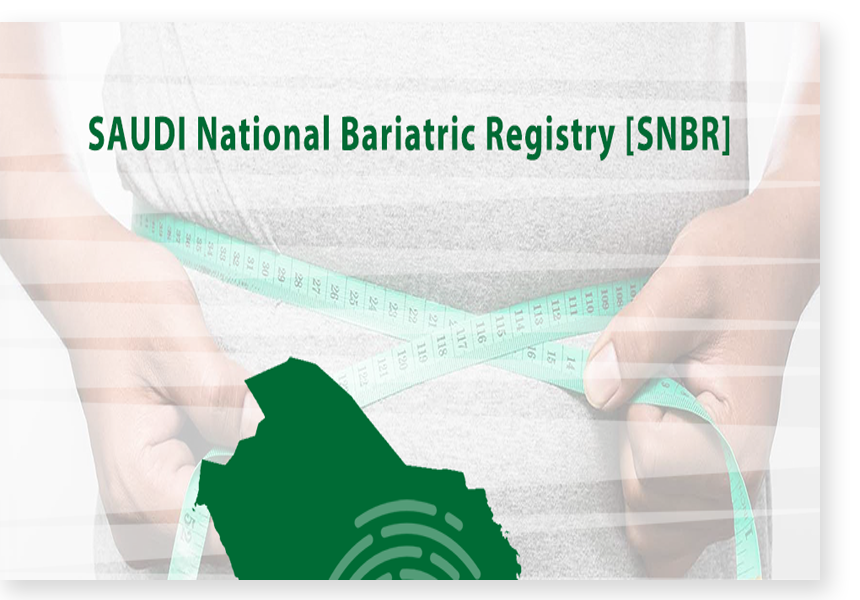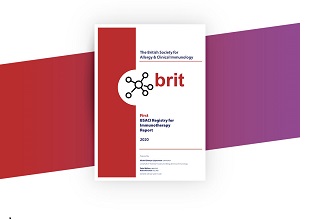
An international team of scientists are investigating a possible curious bi-directional relationship between COVID-19 and diabetes. The researchers, who are part of the CoviDiab project, have hypothesised that the SARS-CoV-2 infection maybe be triggering the onset of diabetes, and they have established a global registry to track occurrence of events and are calling for doctors around the world to contribute reports of cases of new-onset diabetes associated with COVID-19.
The CoviDiab registry is utilising Dendrite Clinical Systems’ innovative “Intellect Web” software to collect new cases of diabetes in patients with COVID-19 to understand the extent and the characteristics of the manifestations of diabetes in patients with COVID-19, and the best strategies for the treatment and monitoring of affected patients, during and after the pandemic. Since the CoviDiab registry was launched a small but growing body of evidence suggests a relationship between new-onset diabetes and COVID-19.
“Over the last few months, we’ve seen more cases of patients that had either developed diabetes during the Covid-19 experience, or shortly after that,” Rubino recently told The Guardian. “We are now starting to think the link is probably true – there is an ability of the virus to cause a malfunctioning of sugar metabolism.”
Despite an association between newly diagnosed diabetes and COVID-19, questions remain regarding causation remain.
It is known SARS-Cov-2 binds to ACE-2 receptors, which are expressed in several key metabolic organs and tissues including the pancreatic β-cells, adipose tissue, small intestine, liver and kidney, CoviDiab researchers stated. Therefore, it is plausible that SARS-Cov-2 could cause multiple co-existing alterations of glucose metabolism that can complicate the pathophysiology of pre-existing diabetes or lead to new mechanisms of disease.
The goal of the registry is to establish the extent and phenotype of new-onset diabetes that is defined by hyperglycaemia, confirmed Covid-19, a negative history of diabetes, and a history of a normal glycated haemoglobin level. The registry, which will be expanded to include patients with pre-existing diabetes who present with severe acute metabolic disturbance, may also be used to investigate the epidemiologic features and pathogenesis of Covid-19–related diabetes and to gain clues regarding appropriate care for patients during and after the course of Covid-19.
The researchers indicated they plan to begin a preliminary analysis once the registry reaches 200 case reports.
To read additional news articles reporting on the CoviDiab project, please see:
For more information on the CoviDiab project, please click here

 Dendrite Clinical Systems and Professor Khalid Ali Al-Rubeaan, Director of the Research and Scientific Center at the Sultan Bin Abdulaziz Humanitarian City hospital, Saudi Arabia, have established the Saudi National Bariatric Surgery Registry (SNBR) in the country. The purpose of the Registry is to collect information on bariatric procedures in the country so researchers can use the data to improve outcomes.
Dendrite Clinical Systems and Professor Khalid Ali Al-Rubeaan, Director of the Research and Scientific Center at the Sultan Bin Abdulaziz Humanitarian City hospital, Saudi Arabia, have established the Saudi National Bariatric Surgery Registry (SNBR) in the country. The purpose of the Registry is to collect information on bariatric procedures in the country so researchers can use the data to improve outcomes.
 Dendrite Clinical Systems’ innovative “Intellect Web” software has been utilised by several national and international organisations to establish web-based registries to collect data from patients with COVID-19.
Dendrite Clinical Systems’ innovative “Intellect Web” software has been utilised by several national and international organisations to establish web-based registries to collect data from patients with COVID-19.


